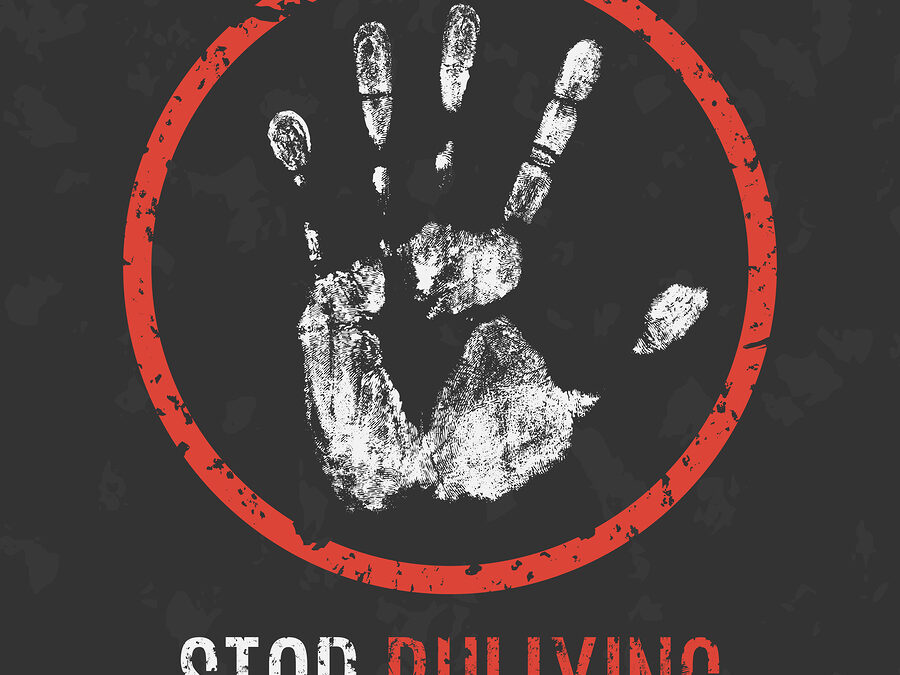One of the saddest issues our kids are being faced with today has nothing to do with math, science, geography or anything else they are “supposed to be” learning in school. Unfortunately, academics is the least of their worries when they step into the walls that are supposed to keep them safe. What is this danger they face every day? Bullying. Whether they are being bullied, bullying others or witnessing it, every child these days it seems can tell a tale of being touched by bullying. As this epidemic seems to be only getting worse, many parents and teachers are left wondering – what can we do to stop bullying in its tracks?
According to StopBullying.gov, these are the do’s and don’t’s when it comes to bullying:
Do:
- Intervene immediately. It is ok to get another adult to help.
- Separate the kids involved.
- Make sure everyone is safe.
- Meet any immediate medical or mental health needs.
- Stay calm. Reassure the kids involved, including bystanders.
- Model respectful behavior when you intervene.
Don’t:
- Don’t ignore it. Don’t think kids can work it out without adult help.
- Don’t immediately try to sort out the facts.
- Don’t force other kids to say publicly what they saw.
- Don’t question the children involved in front of other kids.
- Don’t talk to the kids involved together, only separately.
- Don’t make the kids involved apologize or patch up relations on the spot.
Get police help or medical attention immediately if:
- A weapon is involved.
- There are threats of serious physical injury.
- There are threats of hate-motivated violence, such as racism or homophobia.
- There is serious bodily harm.
- There is sexual abuse.
- Anyone is accused of an illegal act, such as robbery or extortion—using force to get money, property, or services.
Do you suspect your child is being bullied?
It’s also important to note that once you begin the process of intervening, you’ll want to continue checking in with your child about it. Even if the bullying stops completely, it’s a good idea to keep discussing what happened to ensure they are handling it well mentally and emotionally. Bullying can have a traumatic impact on children that may or may not show up well into their adult years. It’s not a bad idea to have them visit with their school counselor. Or, if they don’t want anyone at school to know they are seeking counseling, we do offer individual therapy here at Hammond Psychology & Associates, P.A. For more information on our individual or family therapy sessions, feel free to call us at (813) 654-0503.
If you suspect your child is being bullied, talk to them about it. Let them know it’s okay for them to tell you what is going on. Make it clear that they haven’t done anything wrong, and that if they are being bullied they have nothing to be ashamed of. In the event that you learn your child is being bullied, check out this resource for steps to take next.

